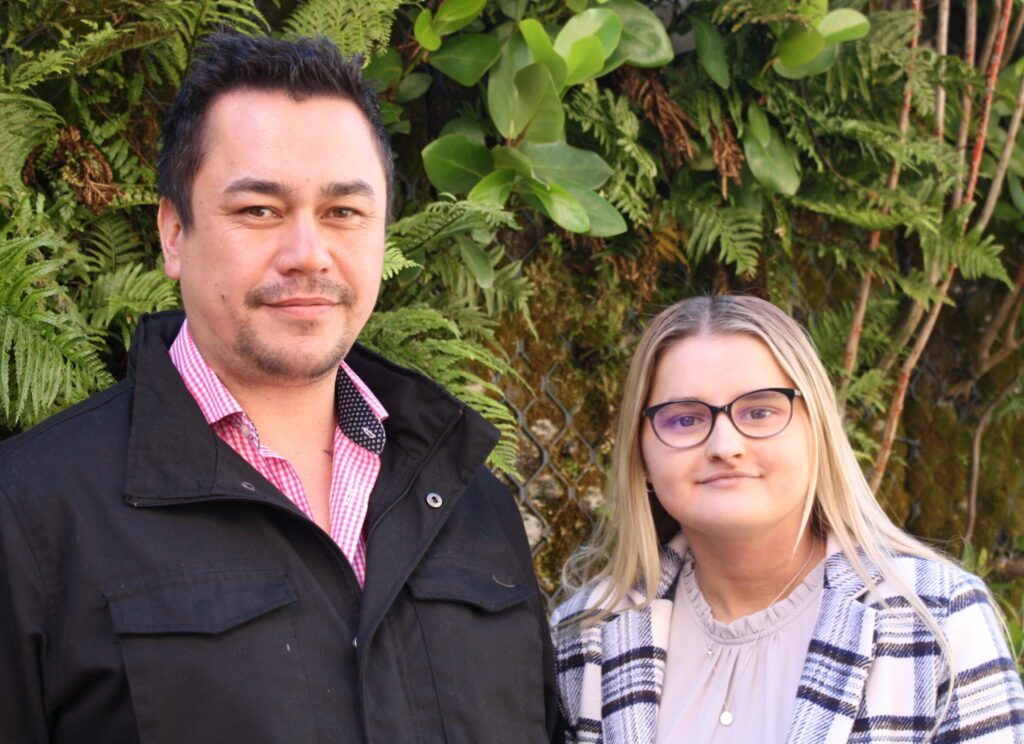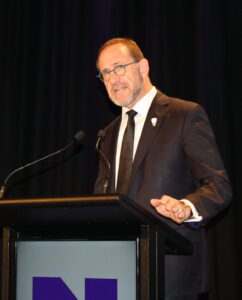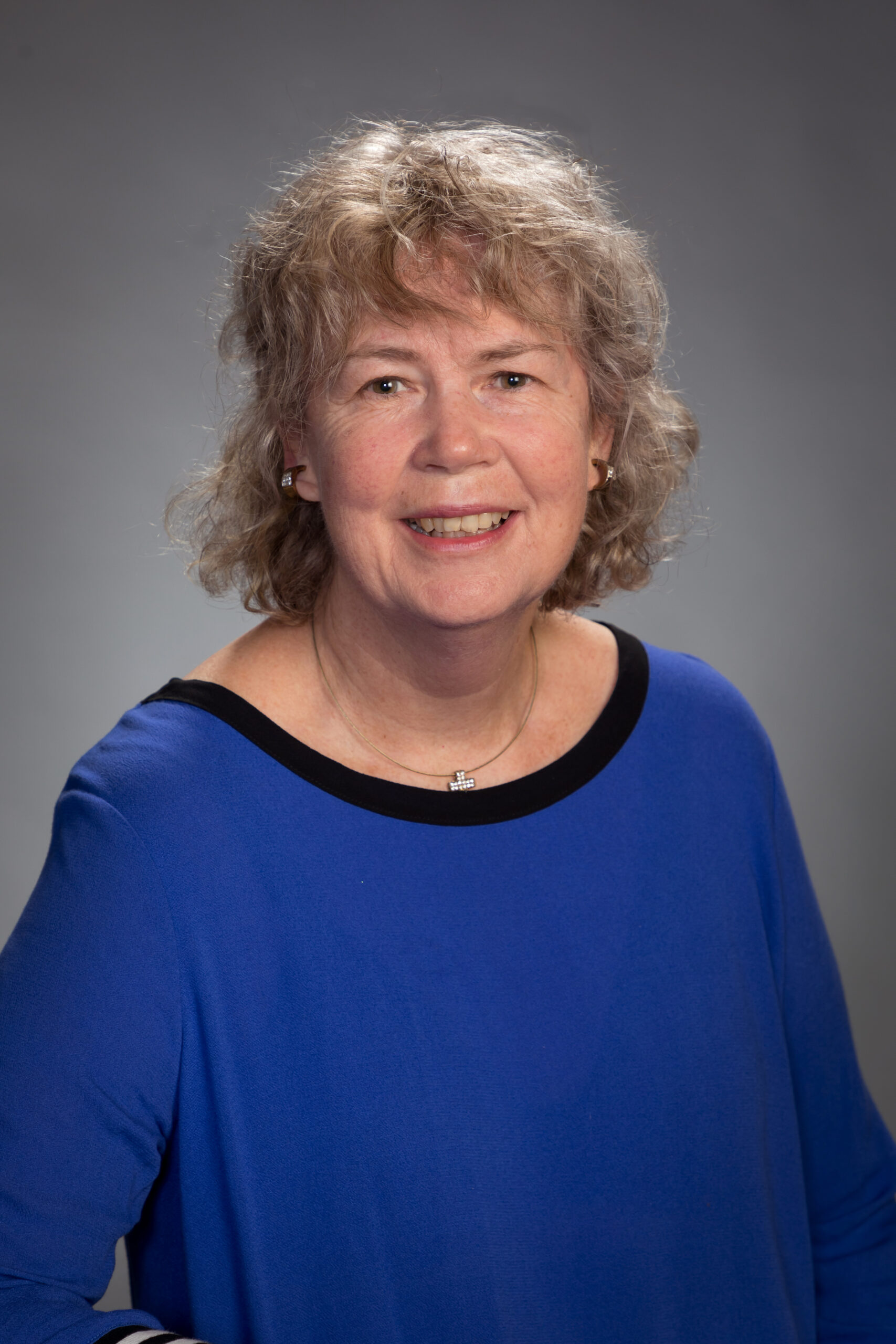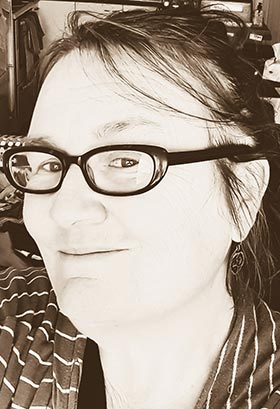NZNO students say fees-free nurse training across all three years of the bachelor of nursing was the only way to grow a skilled local nurse workforce with enough Māori nurses.
“While paid placements are a nod in the right direction, the barriers presented to nursing students are very real, especially in today’s economic climate,” NZNO’s Te Rūnanga Tauira (TRT) chair Manu Reiri told Kaitiaki.

Andrew Little said this week the Government was actively considering paying third- year students for their hospital placements “as soon as possible”.
“It’s under active consideration and something I’d definitely like to see,” Little told Newstalk ZB on Monday.
But in a response to Kaitiaki on Wednesday, the minister said there was no commitment to waive fees for all nursing training.

“Any decision to extend the fees-free programme would be part of a future Budget process, and I wouldn’t pre-empt that.”
The Government already provided first year fees-free study for those in nursing-related fields at level three and above, including certificates, diplomas for nursing and other health qualifications, Little said.
A free trades training scheme had supported more than 1000 people to study their diploma in enrolled nursing, he said.
“Challenges many third-year students face in doing hospital placements was a known attrition point, that we are working to address so these students can get qualified and into the workforce,” Little said.
Kaitiaki understands an announcement on paid placements was not expected before Christmas.
NZNO president Anne Daniels said paid placements should be just one of several measures to attract and retain nurses and be implemented urgently.
“Paying for a full tank of gas to get to placement is more expensive than food for the week.”
“NZNO has been suggesting paid placements for some time and we’re frankly surprised it has taken so long even to be considered.
“We cannot afford to wait around, and we’d like an urgent timeframe announced to put these measures in place.”
Daniels said it was “mystifying” that the Government was not “considering free training for a profession that literally saves lives” while it had done so for apprenticeships to address trade worker shortages.

Research last year suggested nearly a third of students were dropping out part way through their studies, with even higher rates for Māori (33 per cent) and Pasifika (37 per cent).
Reiri said the costs of student nursing placements, including travel, accommodation and extra childcare could make it impossible for some students to complete their training.
“Paying for a full tank of gas to get to placement is more expensive than food for the week,” Reiri said.
Childcare, rent, power and clothing were also financial burdens, he said. “These barriers aren’t just felt within the last year of nursing school but across the whole programme.”
Reiri wrote about the challenges facing students earlier this year.
“The Government needs to invest in training nurses domestically and the time is right now — not next month or next political term — but right now.”
Free training would particularly benefit Māori, who had the highest dropout rates and were under-represented in Aotearoa’s nursing workforce, Reiri said. “It is important that we see tangata whenua succeed, as tangata whenua are the key to shifting the health and wellbeing of our whānau.”

NorthTec nursing lecturer Pipi Barton agreed free placements did not go far enough.
“All student nurses need to be paid, not just third years,” said Barton, whose is researching how to recruit more Māori for her PhD. “Paying just third-year students for their clinical hours is yet another example of a Government who should be seriously investing in the nursing workforce but are instead tinkering around the edges.”
If the Government wanted to reduce student attrition, “they need to focus on the high rates of attrition in the first and second years, and pay all students regardless of clinical or theory”, said Barton, who has called for a return to fully paid training.
Prioritising tangata whenua in ACE (advanced choice of employment) graduate training placements would also actualise the Pae Ora Bill’s principle of equity, Reiri said.
“All student nurses need to be paid, not just third years.”
Reiri said with global competition for internationally-qualified nurses (IQNs), “one can only ponder how much longer the IQN option will be sustainable, considering the current state of nursing in New Zealand — and who would blame them?”
About one third of New Zealand’s nursing workforce is comprised of IQNs –– double the amount of Māori and Pasifika nurses combined, he said.
Nursing Council statistics put nurses who identify as Māori at about 7.5 per cent and nurses who identify as Pasifika at about four per cent.
See also:
Maranga Mai! Education — what needs to change
The Aussies are doing it — can we train nurses for free here?




